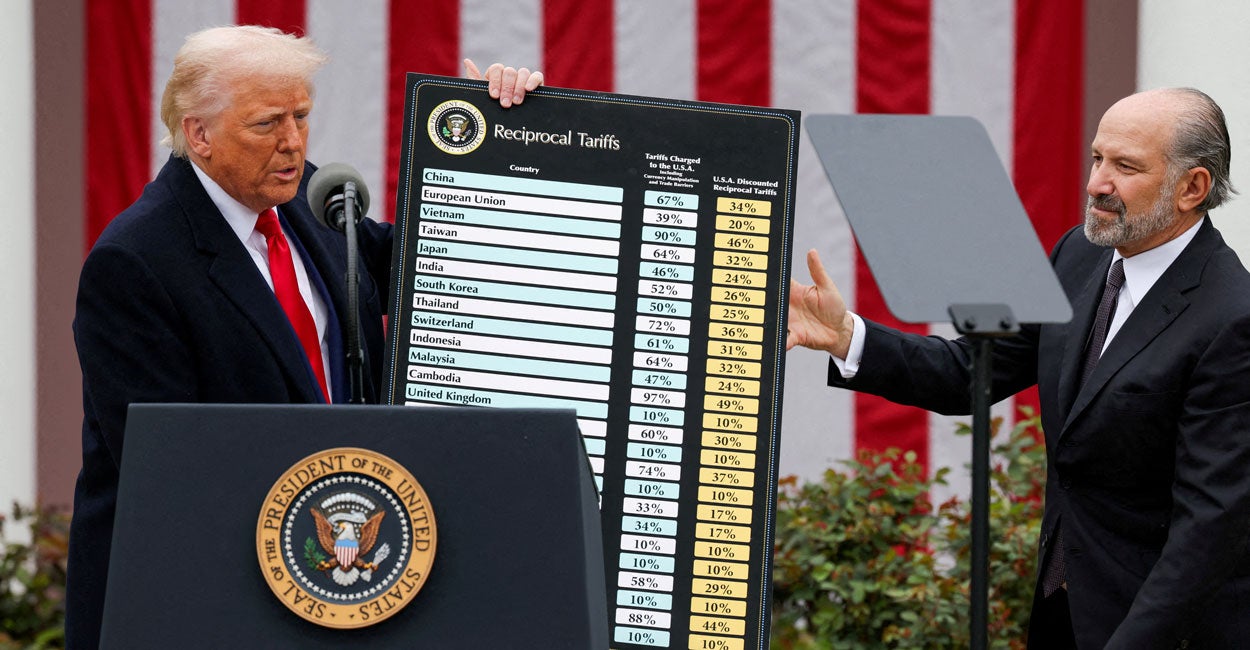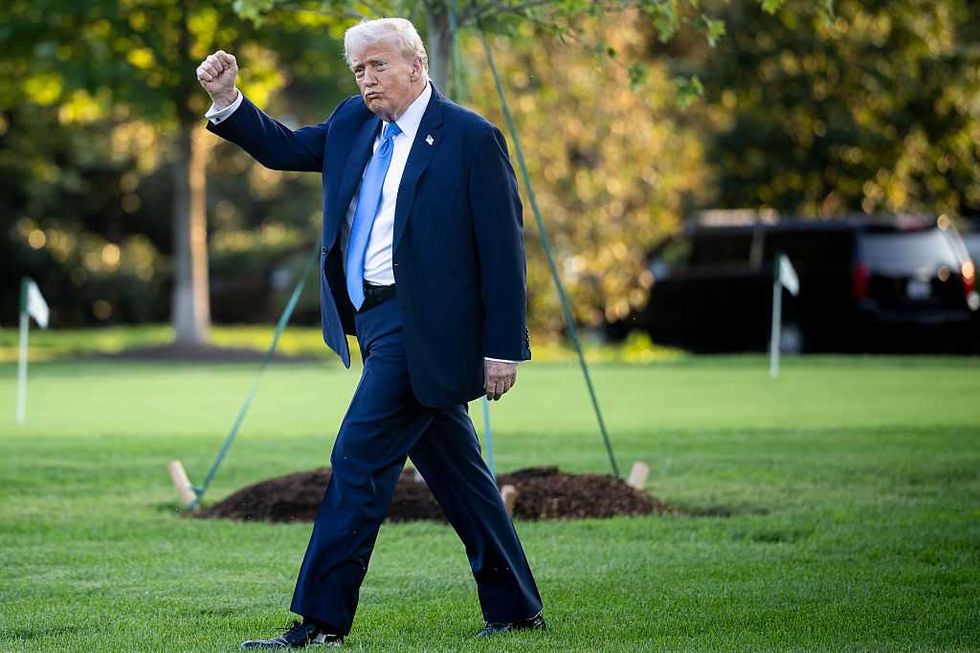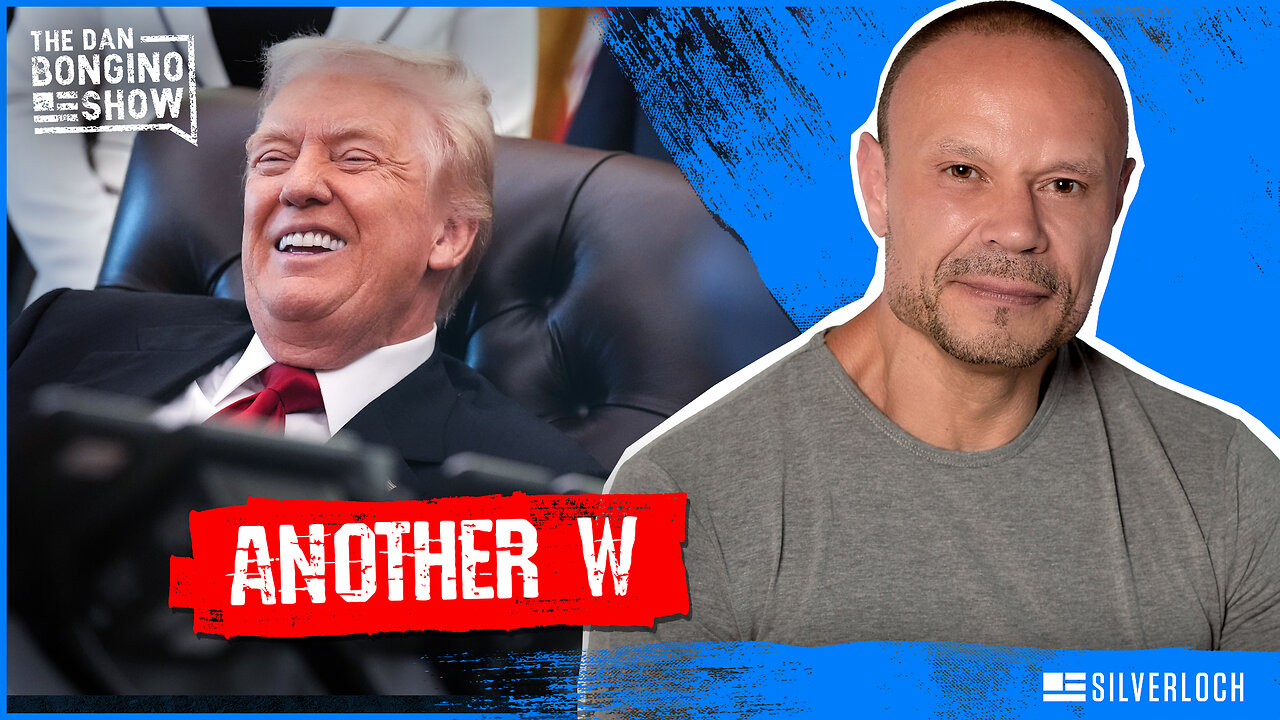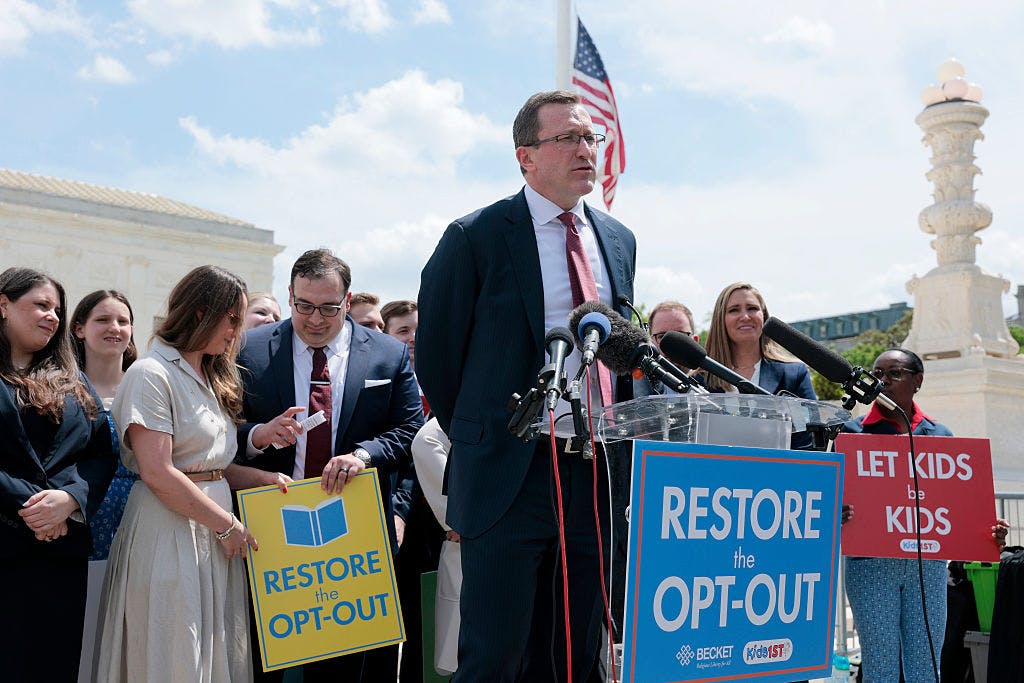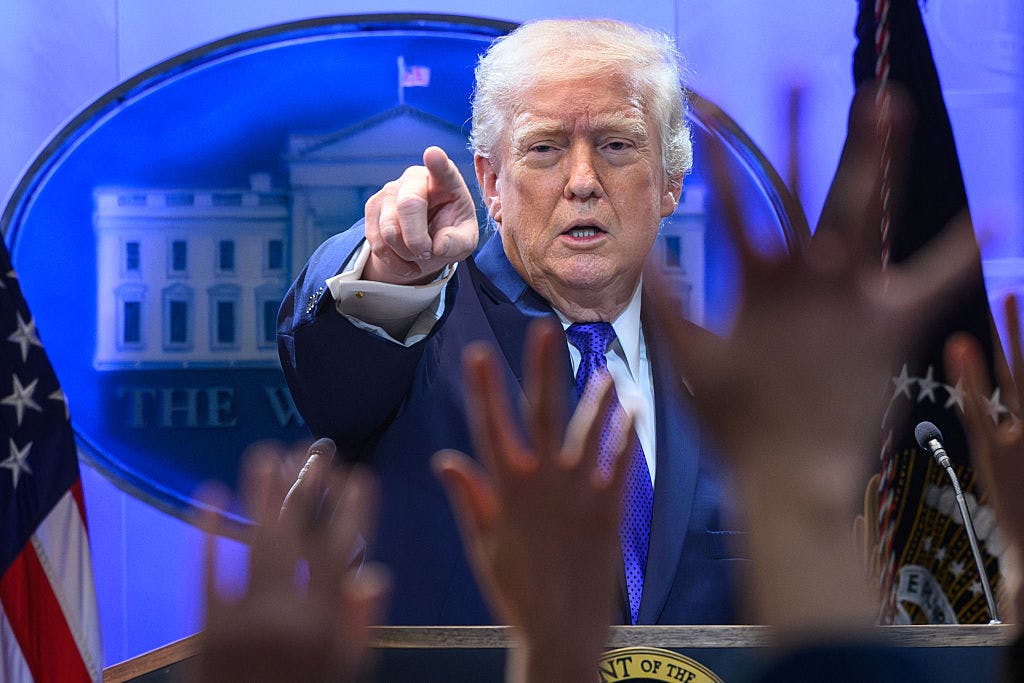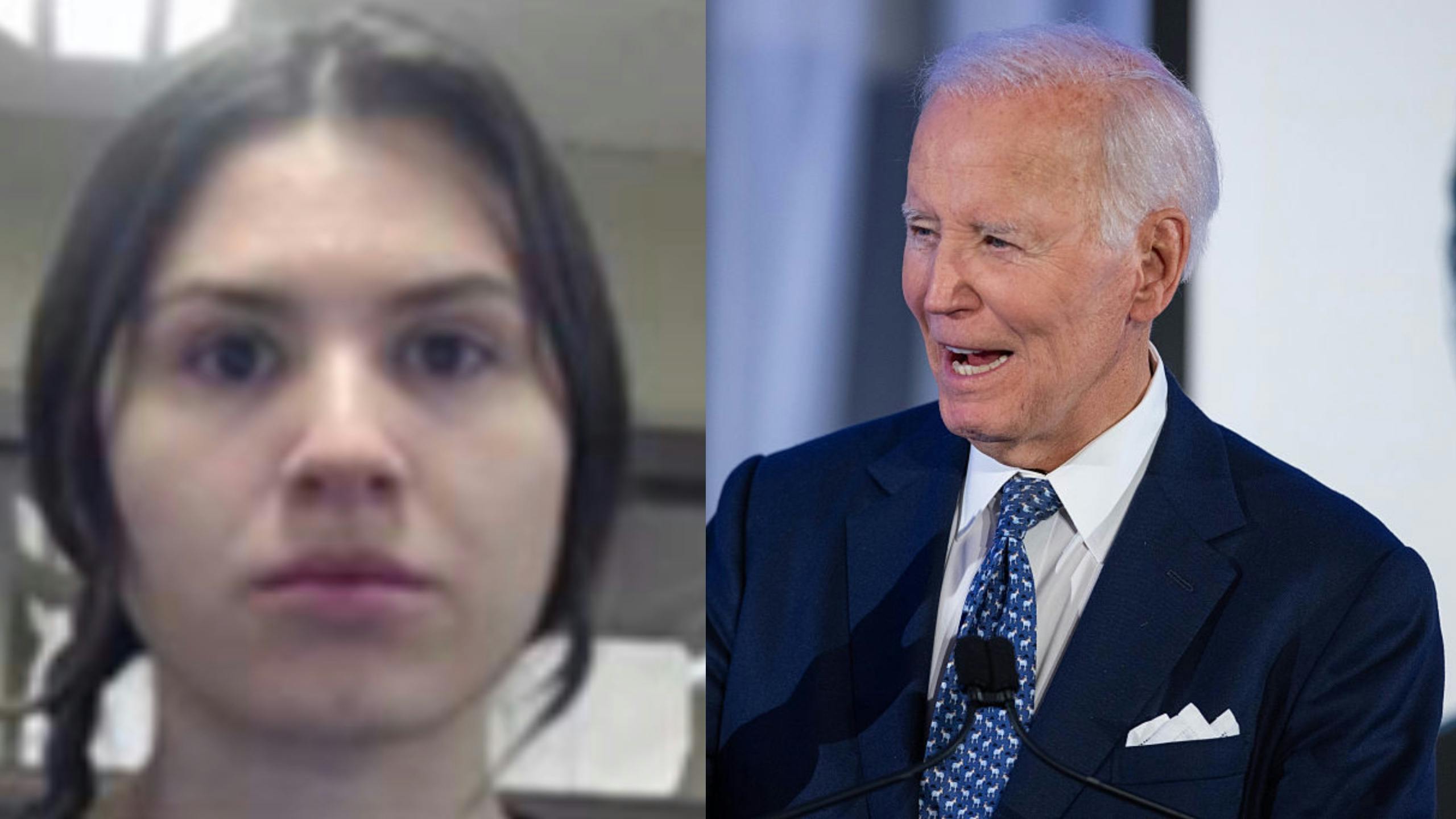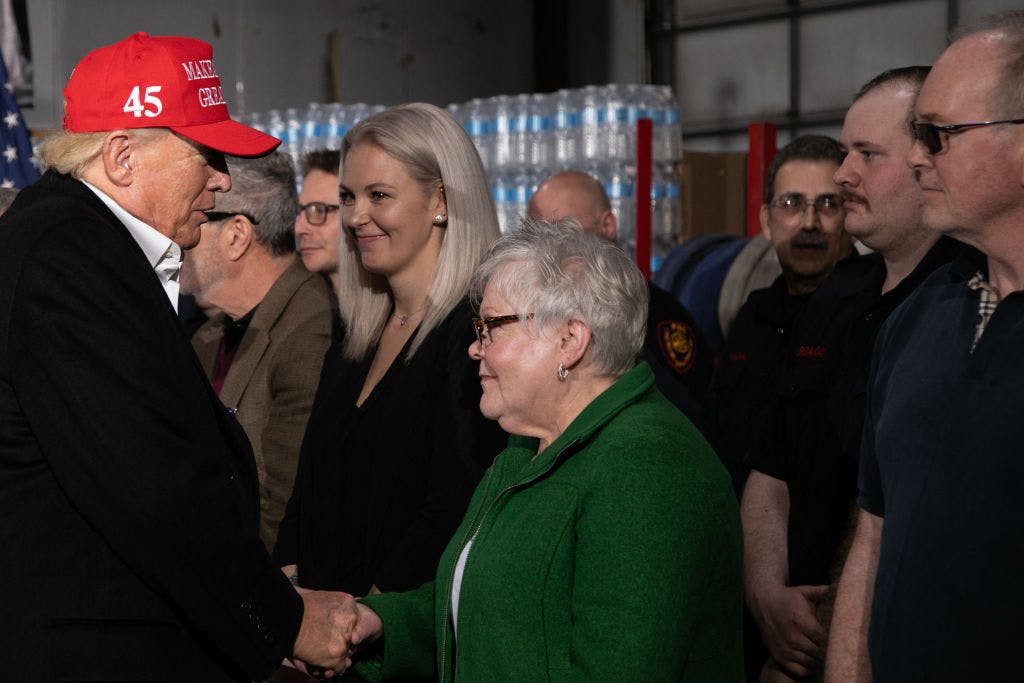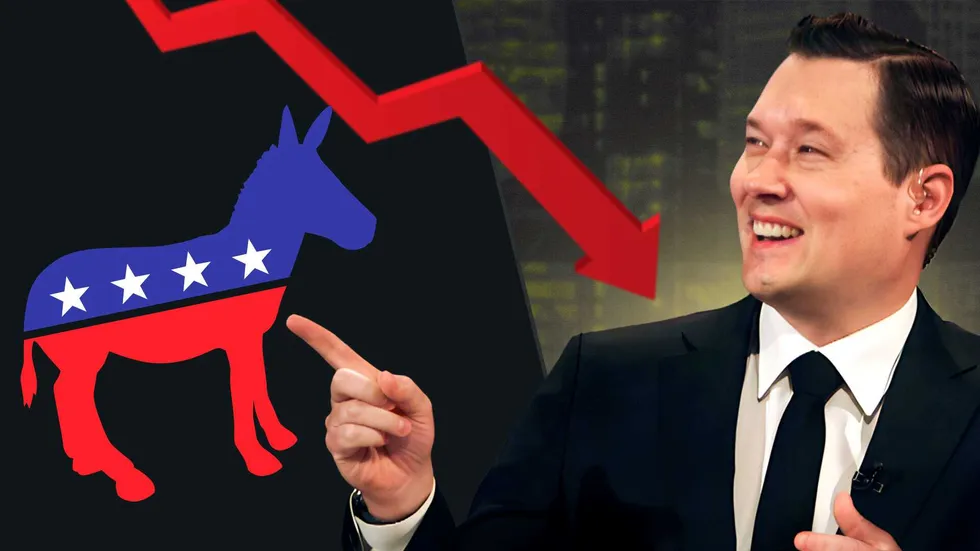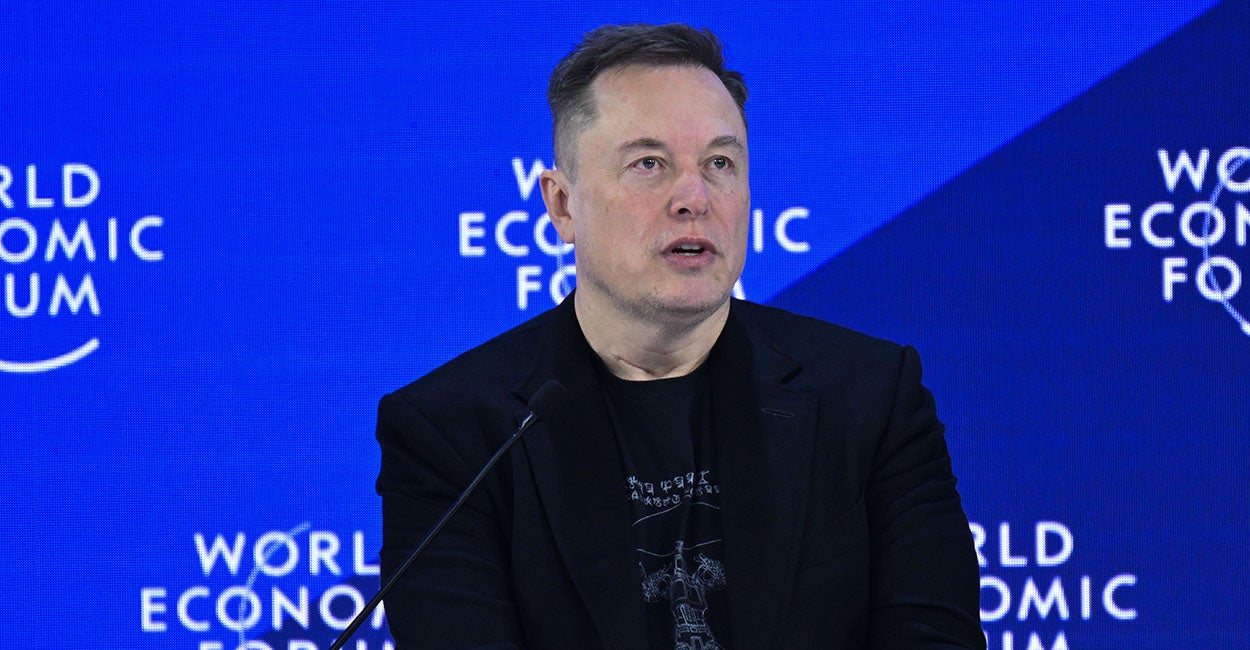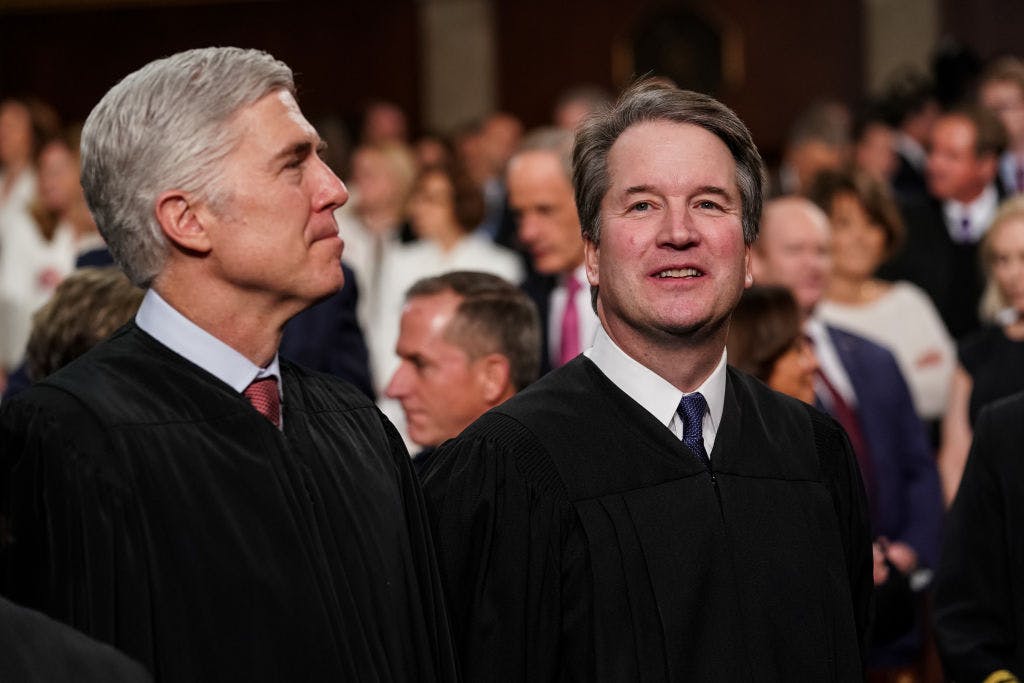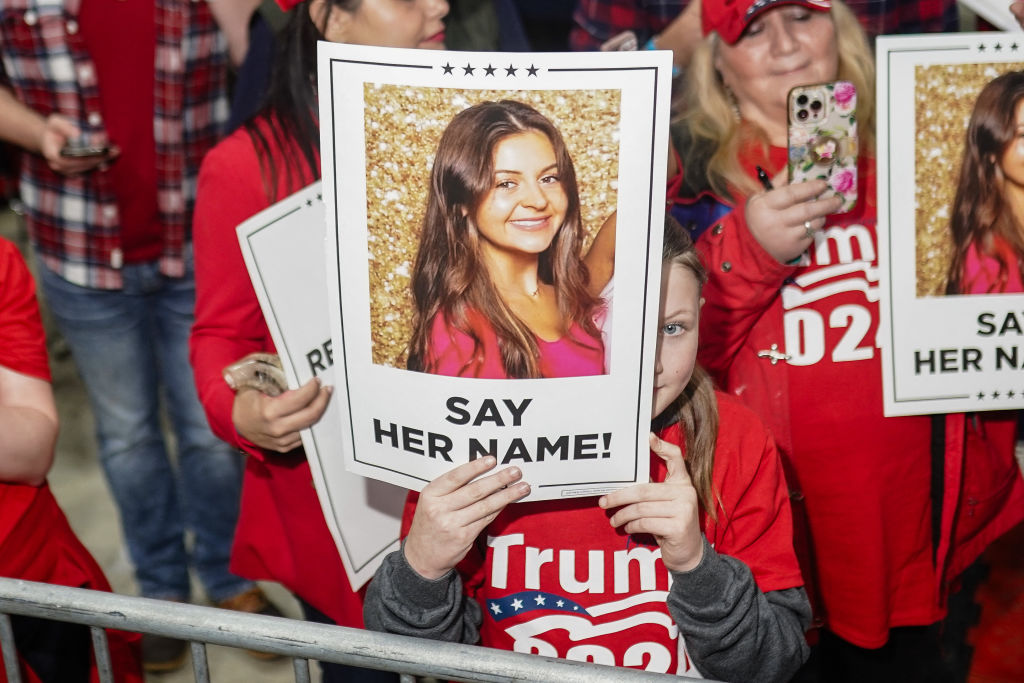Is the CCP Waging a ‘Reverse Opium War’ on America?
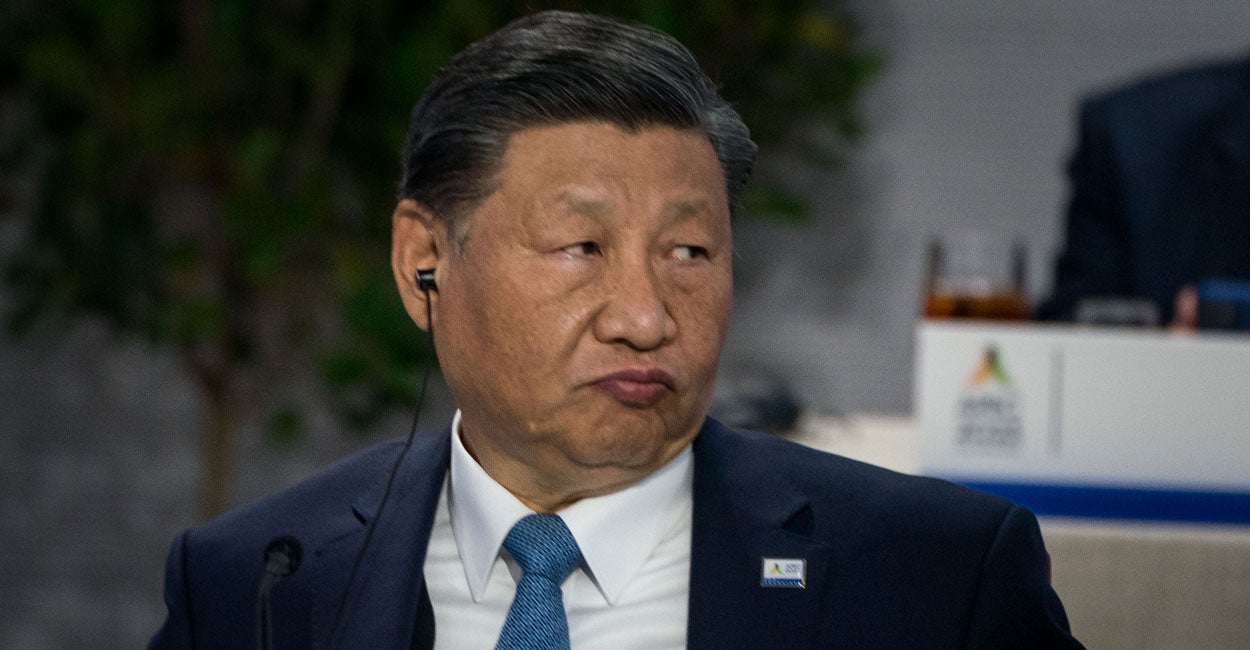
A recent congressional hearing has highlighted the concerning role of the Chinese Communist Party in America’s drug supply chain.
Live Your Best Retirement
Fun • Funds • Fitness • Freedom
The House Subcommittee on Oversight, Investigations, and Accountability organized the hearing on Sept. 18, titled “Invasion of the Homeland: How China is Using Illegal Marijuana to Build a Criminal Network Across America.” The witnesses who testified included current and former law enforcement officials and a legal scholar.
Witness testimonies reveal three crucial points. First, Chinese transnational criminal organizations have seized control of marijuana cultivation and distribution across the U.S., from California to Oklahoma to Maine. They exploit lax regulations and bypass residency requirements through fraud and straw man ownership. This surge in Chinese transnational organizations has not only fueled a troubling rise in violent crimes in those states, including human trafficking and money laundering, but it also poses significant national security risks, as some of these Chinese-operated marijuana facilities are situated near critical infrastructure and U.S. military installations.
Second, Chinese nationals involved in illegal marijuana operations rely on WeChat for communication and financial transactions. WeChat is an encrypted Chinese messaging app, owned by Tencent—a company closely linked to the Chinese Communist Party. Unlike domestic platforms, WeChat’s foreign location complicates U.S. law enforcement’s legal processes and electronic surveillance. Chris Urben, a former DEA agent, warned lawmakers, “No other global crime network has access to a state-protected, trusted communications system like that. We must disrupt WeChat.”
Third, witnesses unanimously confirmed the troubling connection between Chinese transnational criminal organizations and the support they receive from the CCP. Donnie Anderson, director of the Oklahoma Bureau of Narcotics and Dangerous Drugs Control, emphasized this point in his testimony, stating, “It is undeniable that the Chinese government has taken a keen interest in Oklahoma’s marijuana industry. We have evidence of financial transfers to the Bank of China and ties to Chinese state-owned enterprises.” Moreover, Anderson asserted that “the CCP exerts control over criminal marijuana operations, particularly through its tactic of managing expatriates via so-called ‘police stations.’”
Anderson’s warning was no exaggeration. A 2024 Pro-Republica investigative report unveiled concerning evidence of the Chinese government officials’ collusion with Chinese criminal organizations. The report highlights a mutually beneficial relationship where “[Chinese] mobsters openly support pro-Beijing initiatives and discreetly offer services abroad: engaging in political influence, shifting illicit funds for the Chinese elite, and assisting in the persecution of dissidents.” In return, Chinese officials not only tolerate but often endorse these illegal activities.
This state backing sets Chinese criminal enterprises apart from typical criminal organizations. While many in the American public may be shocked by these revelations, veteran observers of the CCP recognize its long history of partnering with criminal gangs in places such as Hong Kong to intimidate critics and create chaos. Understanding this collaboration is vital to grasping the national security threats that Chinese transnational criminal organizations pose.
The recent Congressional hearing has revived concerns about whether the CCP is intentionally waging a “reverse opium war” against the United States.
Historically, in the 19th century, China’s Manchu government fought against the Western powers in two Opium Wars, aiming to halt the illegal opium trade that weakened the Chinese population and drained the nation’s treasury. According to the CCP’s historical narratives, China’s defeat in the Opium Wars and the “unequal treaties” imposed upon it marked the beginning of the century of humiliation, which only ended when the CCP-led People’s Liberation Army expelled foreign invaders. This narrative is central to the CCP’s claims of legitimacy and plays a crucial role in shaping its policies toward the West. Additionally, this narrative is ingrained in China’s patriotic education, fueling rising nationalism and anti-West sentiment among its citizens.
Nowadays, China is being accused of waging a “reverse opium war” against the United States, because Chinese criminal organizations dominate the black-market marijuana industry in America, while the China is the largest global supplier of fentanyl precursor chemicals, fueling America’s opioid crisis. Additionally, China has substantial influence over other aspects of the global drug supply chain, including money laundering. A U.S. Department of the Treasury report found that Chinese money laundering networks, involving state-owned banks, handled approximately $312 billion worldwide from 2020 to 2024.
Despite U.S. government complaints and a promise from Chinese Communist Party leader Xi Jinping, a 2024 congressional report reveals that Beijing continues to subsidize companies manufacturing fentanyl precursors and synthetic narcotics, providing tax rebates for exports outside China. This has sparked concerns that the CCP might be intentionally flooding the U.S. market with drugs like fentanyl and marijuana as a strategy to destabilize America and use the resulting crisis to gain concessions on key issues.
While there are no direct CCP policies explicitly declaring a “reverse opium war” against the U.S., it is undeniable that the CCP is at least passively complicit in America’s escalating drug crisis. Having established one of the most powerful police states in the world, equipped with extensive surveillance capabilities, the CCP has both the means and the authority to halt the supply of precursor chemicals to drug cartels and help American law enforcement dismantle the illicit drug networks operated by Chinese transnational criminal organizations in America. The CCP’s choice to remain inactive in this matter raises serious questions about its intentions and complicity in exacerbating America’s drug problem.
For too long, the U.S. government has viewed the illicit drug trade as simply a law enforcement issue. However, with the CCP’s subsidies of Chinese chemical companies and tacit support of criminal organizations, illicit drug trade must be recognized as a national security issue.
The Trump administration seems to be moving in this direction, taking on two of China’s close allies—Mexico and Venezuela—by designating Mexican cartels as foreign terrorist organizations and deploying the U.S. military to destroy Venezuelan drug vessels.
Nevertheless, the Trump administration must do more to raise public awareness about this national security threat. It is essential to lead a coordinated effort among local, state, and federal agencies. Only through a comprehensive government response can we hope to win the war on drugs and safeguard our nation.
We publish a variety of perspectives. Nothing written here is to be construed as representing the views of The Daily Signal.
The post Is the CCP Waging a ‘Reverse Opium War’ on America? appeared first on The Daily Signal.
Originally Published at Daily Wire, Daily Signal, or The Blaze
What's Your Reaction?
 Like
0
Like
0
 Dislike
0
Dislike
0
 Love
0
Love
0
 Funny
0
Funny
0
 Angry
0
Angry
0
 Sad
0
Sad
0
 Wow
0
Wow
0


